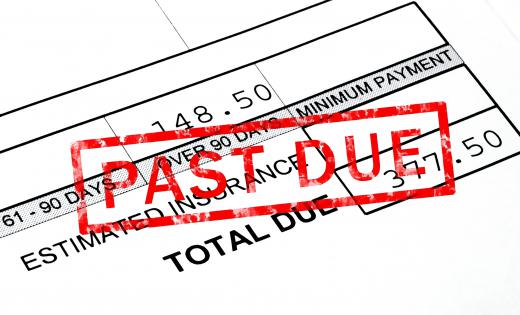Charge offs are credits that were previously carried as receivables on accounting records, but are now considered uncollectable for some reason. The purpose of the charge off is to allow a controlled procedure to take place that will exclude the inclusion of the uncollected credit when calculating the current balance in Accounts Receivable. Thus, a charge off is a simple write off that removes an item from the anticipated net income.
The charge off does not mean that there will be no further attempt to collect the outstanding debt from the debtor. Rather, the use of a charge off simply means that the amount of the debt will no longer be reflected in the Accounts Receivable for the purpose of determining how much income remains to be collected from outstanding invoices issued to customers. Any invoice that is charged or written off the main section of the Receivables will still remain in the overall financial records of the company. Usually, the written off amount is referred to as bad debt.

Many companies have a policy of using the charge off to identify outstanding invoices that remain unpaid long after the payment is past due. In an order to avoid using a charge off, companies may choose to send reminders periodically for up to 120 days after the due date of the invoice. After that point, the invoice may be charged off, removing it from the Accounts Receivable, and turned over to a collection agency for further action.
In the event that the collection agency is able to secure payment on a delinquent invoice, the company will often create an amended invoice or other instrument to allow for the reception of the value of the original invoice, minus any fees charged by the collection agency. The original charge off is normally not reversed, although a few companies do prefer to follow that procedure and simply amend the balance due to match the amount collected and forwarded by the collection agency.
The charge off is a helpful way to remove an uncollectable debt from the accounting records of a corporation. This approach helps to keep the current Accounts Receivable figure up to date, and provides the business owner with realistic figures about what income can be reasonable anticipated over the next one to three months.
